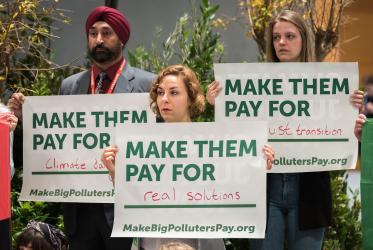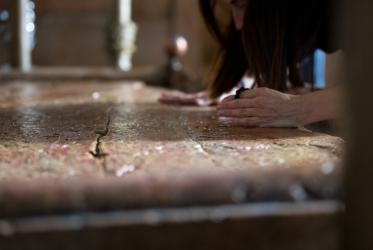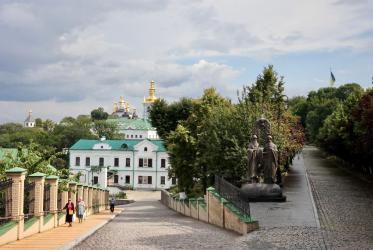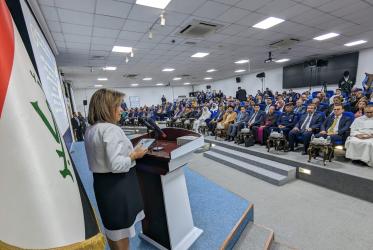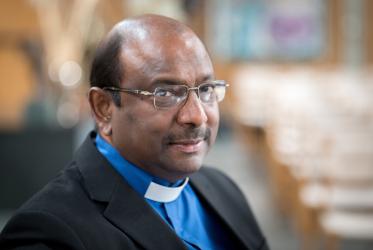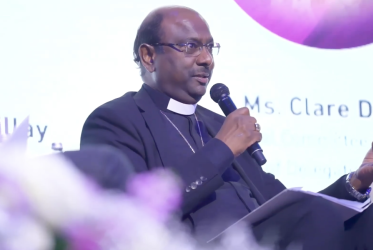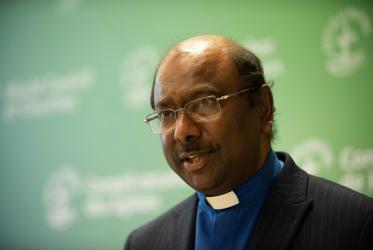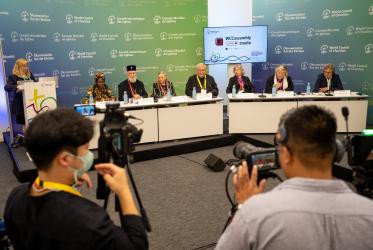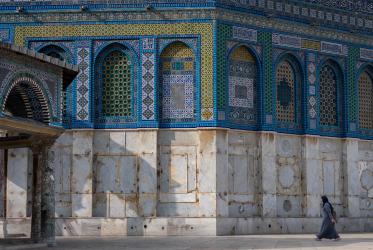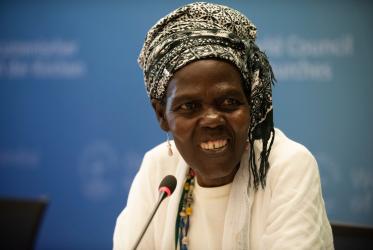This year at Easter, the WCC is highlighting current realities and challenges related to religious holidays in the Holy Land, joining with local communities in action and prayer; to ensure that freedom of worship is protected in a land so worthy of justice, peace, and dignity. The reflections and voices presented here are meant to welcome the reader into the details of everyday lives—lives met with challenges that often turn into obstacles impeding everything from simple family celebrations to livelihoods, to freedom of religion and movement. Together, these voices also raise the hope for a less divided and conflict-ridden Jerusalem, and a Holy Land in which people of all faiths enjoy an equal measure of freedom of movement and religion.
11 April 2023
